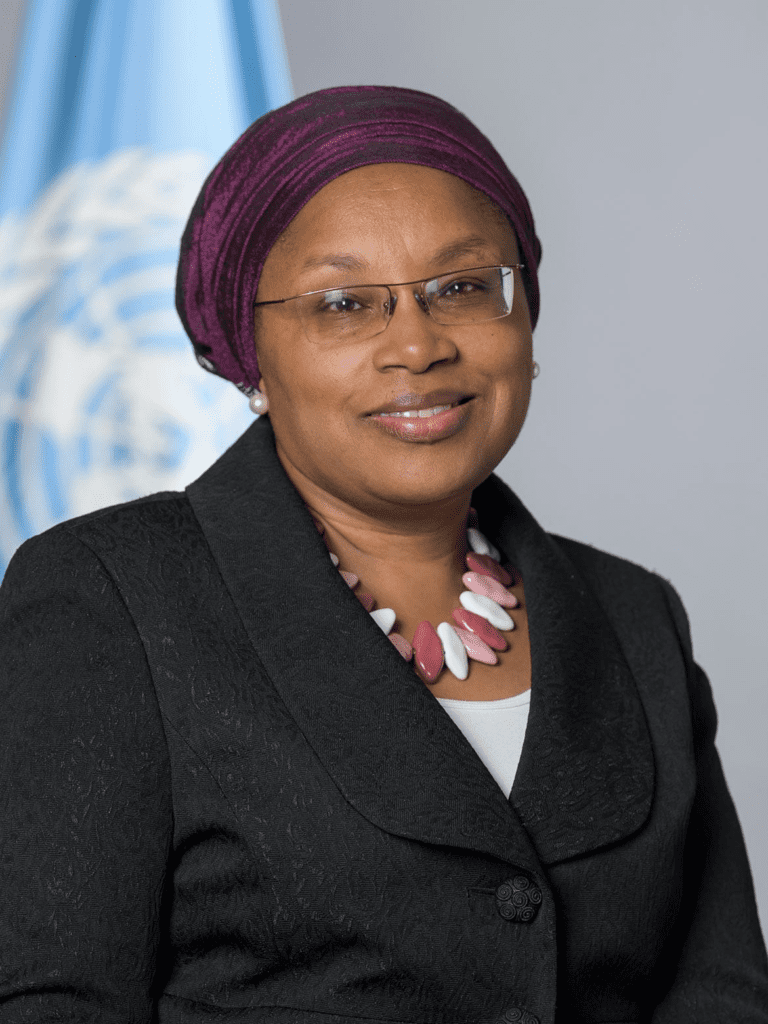
Alice Wairimu Nderitu, the United Nations Special Advisor on the Prevention of Genocide, has been removed from her role following a contentious public statement about the ongoing conflict in Gaza, marking a significant moment in international diplomatic relations.
Legal Interpretation and Historical Context
Nderitu’s approach to defining genocide draws from critical historical precedents. She has consistently referenced landmark genocides, including the Holocaust, the Rwandan genocide perpetrated by Hutus against Tutsis, Serbian attacks on Bosnian Muslims, and ongoing killings in Sudan, as benchmarks for understanding the legal definition of genocide.
The Controversial Stance
The Kenyan peacebuilder’s assessment hinged on the precise legal criteria for genocide, which requires demonstrable intent to destroy a specific national, ethnic, racial, or religious group. Her nuanced interpretation was notably supported by the Wall Street Journal’s editorial board, which emphasized that “as a legal matter, establishing a pattern of violence as a genocide requires demonstrating intent. Israel’s campaign of self-defense doesn’t qualify.”
Political Dimensions
The Wall Street Journal argued that Nderitu’s removal was fundamentally a political decision. The publication referenced her 2022 paper on “when to refer to a situation as ‘genocide,'” which stressed the importance of United Nations officials adhering to the correct usage of the term.
Broader Implications
The editorial raised a critical concern: “Beyond Ms. Nderitu’s fate, the damage here includes defining genocide down. The word has become a weapon of political propaganda that will erode its moral authority when it’s needed to describe genuine horrors.”
Divided Reactions
The dismissal has sharply divided opinion:
• Supporters argue that Nderitu’s commitment to legal standards demonstrates the integrity crucial in her role. They warn that her removal might discourage future advisors from making impartial assessments.
• Critics contend that her stance contradicts prevailing narratives about the conflict, suggesting her position became politically untenable within the UN’s current framework.
Professional Background
Prior to her UN advisory role, Nderitu was renowned for her peacebuilding efforts. Her mediation work in Kenya following the 2007 election violence and her initiatives in Nigeria established her reputation as a skilled conflict resolution expert.
Looking Forward
As the international community processes this development, attention is increasingly focused on how such advisory roles can maintain independence while navigating complex global conflicts.
The UN has not provided detailed public commentary on the specific reasons behind Nderitu’s contract non-renewal, leaving room for continued speculation and debate about the intersection of legal interpretation, political pressure, and humanitarian discourse.




